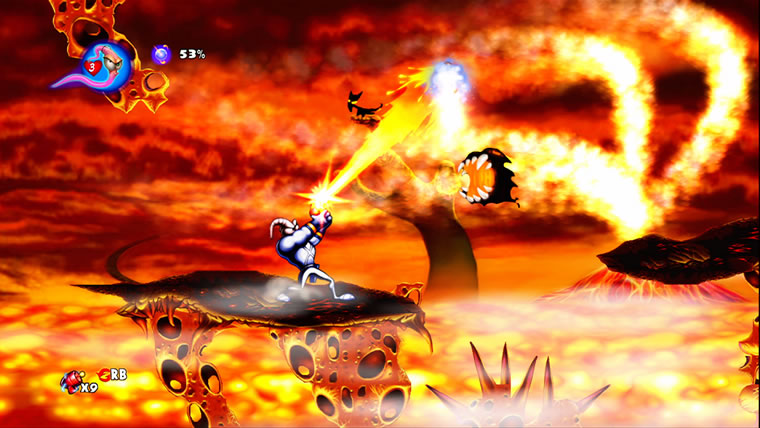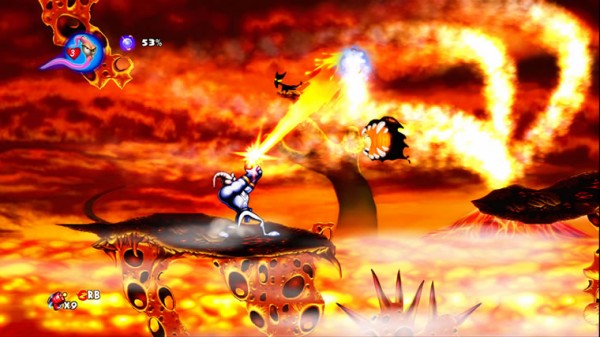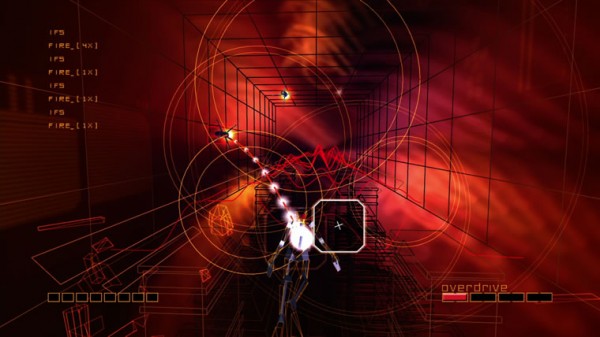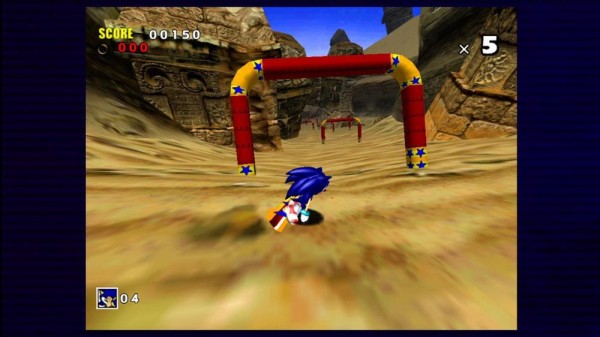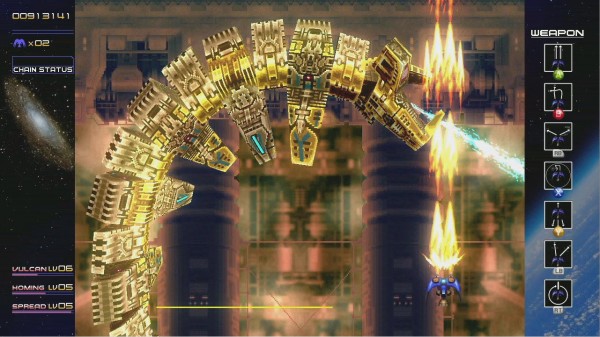Why HD remakes matter
Gamers usually fall into one of the two following categories: those who sing and praise HD remakes as if they are gold covered in chocolate, and those who compare the HD remakes to the excessive milking of a cow. I tend to fall in the gold category, and for good reason—HD remakes are positive for both the gaming industry and gamers.
Movies go through it all the time – How many times have you bought the original Star Wars saga? And in how many formats? You started with VHS, quickly equipped the DVD version immediately upon release, then finally purchased the Blu-ray so your Playstation 3 would stop collecting dust (it’s a joke, no fanboy-ism here). So if movies are allowed to do it, why not games? As gamers, we constantly hear comparisons between our industry and Hollywood, so they both deserve equal treatment when it comes to remakes or re-releases. But if games want to be truly equal in that respect, HD remakes should contain extra content equivalent to a movie’s deleted scenes—or in other words, bonus content outside of the prettier visuals. Rarely is this the case, but sometimes having the option to purchase an HD remake without the bonus content is enough to warrant its release, which brings me to my next point
Same game, newer generation – Many of you have siblings who have only recently been introduced to gaming. They’ve never experienced the thrill of the pulsating beats in Rez for the Sega Dreamcast, or been forced to suffer through what seemed at the time a good game: Sonic Adventure. But don’t they deserve a chance to experience these games as they ought to be showcased—in HD? There’s no harm in giving younger gamers a chance to experience what we we’ve already played. Having a new format to play these titles is never a bad thing, no matter how bad some of those games have aged.
Give us a sequel – Games like Beyond Good and Evil which have received the HD treatment on Xbox Live Arcade, are cult favorites, and publishers need to analyze the sales of a remake in order to justify green-lighting the sequels fans desire. Now, it is true that a Beyond Good and Evil sequel was announced prior to the remake, but the sequel has fallen off the radar, and little is known about its progress, so Ubisoft may have issued a remake of the original to gauge whether or not they should continue financing a sequel. This may seem like an unethical way to establish focus groups, but it works. If Beyond Good and Evil sold a million digital copies on XBLA, a sequel would be guaranteed to release. We just have to quit our whining and support an IP we love.
Pick and choose – I’m not saying all HD remakes deserve to be blindly purchased without the gamer at least reading a few reviews, but the ones that appear to have been given the love treatment do, and those are the games we should focus on. No one is complimenting Sega for essentially upscaling older Dreamcast titles and not redoing archaic textures. Be smart about it.
Import heaven – For some of us, the Japanese language is something we can never wrap our heads around, so some titles are simply out of our reach because of the language barrier. Microsoft is bringing Radiant Silvergun, a Japanese shoot-em-up game, to XBLA, and although you don’t need to understand Japanese to play it, Western gamers have never witnessed its release. This translation may have never taken place if HD remakes weren’t already an established method of turning a profit.
We can’t excuse poor ports, remakes or bad games in general, but we must appreciate the developers that put the labor and care into a remake. With the upcoming release of Resident Evil 4 on XBLA, younger gamers are in for a real treat, and hopefully that isn’t the last classic to find a home on the hard drives of many gamers.

